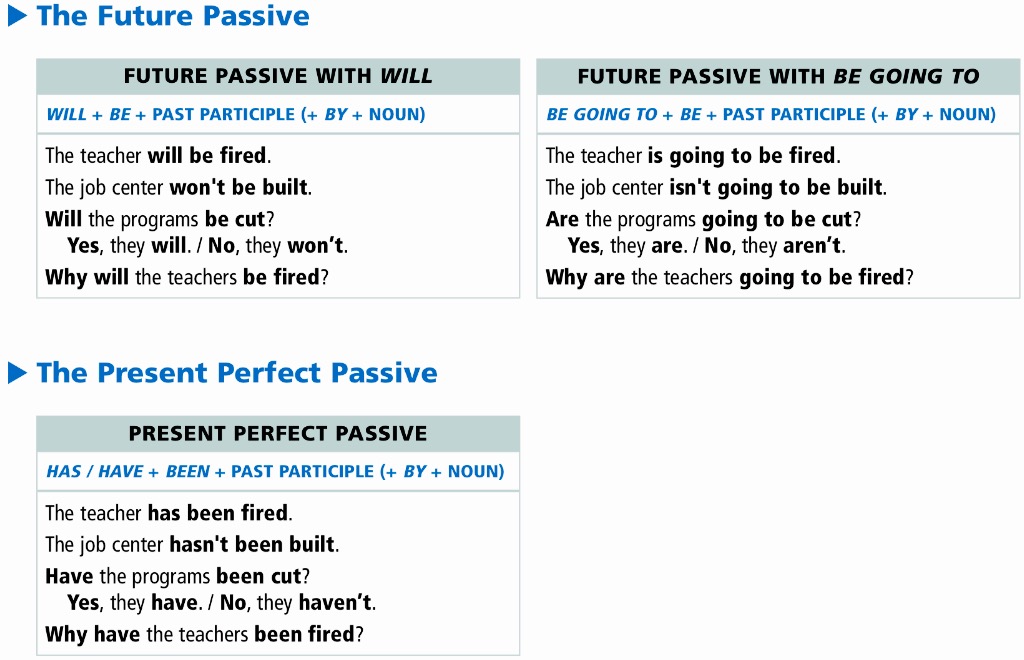
 She was able to pass the exam, even though she hadn't studied much.(not 'she could pass'). When the computer crashed yesterday, I was able to fix it.(not 'I could fix it'). Was able to / couldn't (for specific ability) He couldn't dance at all until he took lessons. She could speak French when she was a child, but now she has forgotten it. Past: could / couldn't (for general ability) Present: can / can't (for both general and specific ability) For example, being able to lift something heavy, or find somewhere you are looking for. This mean something that you can or can't do in one particular situation. The other kind of ability is specific ability. This is something that once you have learned you can do any time you want, like being able to read or swim or speak a language, for example. When we talk about ability, we mean two things.įirst, we mean general ability. Report this ad Click here for all the exercises about modal verbs. Note that these verbs, like all modal verbs, are followed by an infinitive without to.ĭo this exercise to test your grammar again.Click here to download this explanation as a pdf. It can't be easy for him, looking after three kids on his own. We use can't when we feel sure that something is not possible.
She was able to pass the exam, even though she hadn't studied much.(not 'she could pass'). When the computer crashed yesterday, I was able to fix it.(not 'I could fix it'). Was able to / couldn't (for specific ability) He couldn't dance at all until he took lessons. She could speak French when she was a child, but now she has forgotten it. Past: could / couldn't (for general ability) Present: can / can't (for both general and specific ability) For example, being able to lift something heavy, or find somewhere you are looking for. This mean something that you can or can't do in one particular situation. The other kind of ability is specific ability. This is something that once you have learned you can do any time you want, like being able to read or swim or speak a language, for example. When we talk about ability, we mean two things.įirst, we mean general ability. Report this ad Click here for all the exercises about modal verbs. Note that these verbs, like all modal verbs, are followed by an infinitive without to.ĭo this exercise to test your grammar again.Click here to download this explanation as a pdf. It can't be easy for him, looking after three kids on his own. We use can't when we feel sure that something is not possible. 

They all have the same meaning, but may is more formal than might and could. We regret to inform you that some services may be delayed due to the bad weather. We use might, may or could to say that we think something is possible but we're not sure. You must be freezing out there! might, may, could He must live near here because he always walks to work.Ĭome inside and get warm. We use must when we feel sure that something is true or it's the only realistic possibility.

This page focuses on making deductions about the present or future. The modal verb we choose shows how certain we are about the possibility. We can use modal verbs for deduction – guessing if something is true using the available information. Modals – deduction (present): Grammar test 1 You can't be bored already! You've only been here five minutes. They might be at work or they could be in the car. Look at these examples to see how must, might, may, could and can't can be used.








 0 kommentar(er)
0 kommentar(er)
